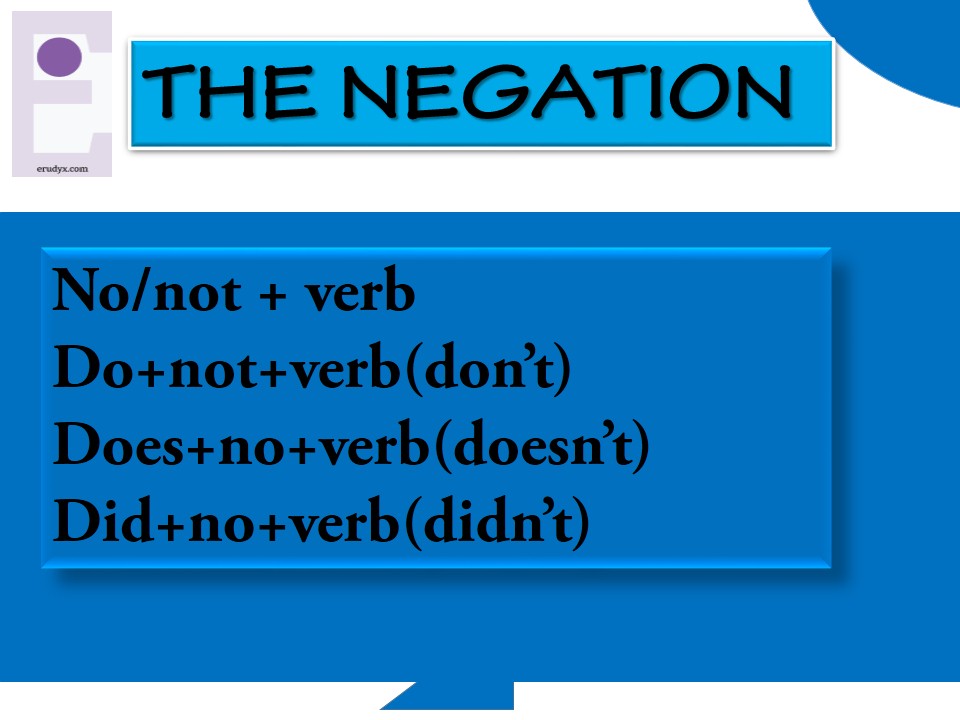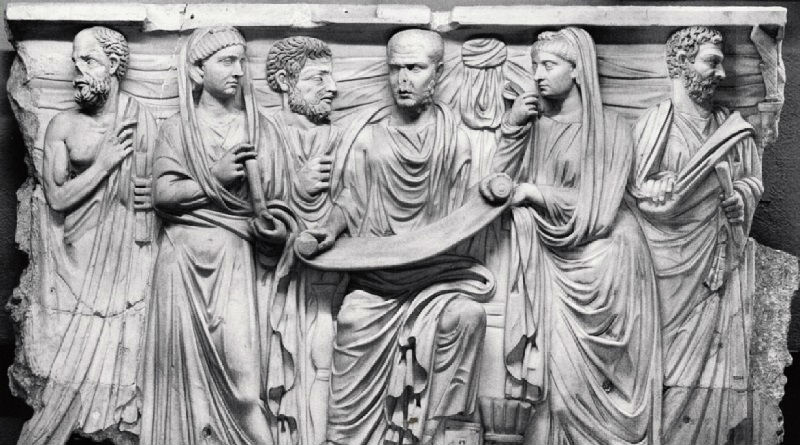If you like reading about philosophy, here’s a free, weekly newsletter with articles just like this one: Send it to me!
Imagine you go out to the street and suddenly there’s a hungry lion standing there, looking at you. The next moment it has eaten you, glasses and all. (It spits out the glasses). Would you say that the lion has done something morally bad? – Now imagine you go out to the street and suddenly there’s a hungry criminal standing there in your way. He’s holding a gun. The next moment he has shot you, taken your money, and now he’s starting to eat you. Is the criminal doing something morally bad?
What is the difference between the two cases? Why would we be reluctant to call a hungry lion morally bad, and why would we, at the same time, not find the criminal’s behaviour acceptable? Perhaps the most important difference seems to be that the criminal has a choice about how to behave, a choice that the lion doesn’t have. A hungry lion just has to attack you if you look edible. It doesn’t have the power to refrain from attacking you. While we humans always have a choice. We can choose to eat, or we can choose to stay hungry. We can diet, which is a way of staying hungry for a higher good (one’s health, or one’s appearance). We can go into hunger strike for some ideal, democracy or freedom, and we can keep this up until death. No animal could do anything like this.
This ability we have to decide how to act, even against our physical nature, is called human autonomy. (Autos in Greek means self. Nomos means law. So autonomy means self-law.) This autonomy is what makes us special, so the philosopher Immanuel Kant. It makes us different from everything else on the planet.
The ability we have to decide for ourselves how to live our lives is what makes us human in the first place.
But note that autonomy is not only a freedom. It is also a responsibility. The lion is, in a sense, more free than we are: it can attack when it is hungry, and nobody can blame it. We, on the other hand, can not claim the lion’s excuse. We, having autonomy, are accountable for our own desires, values, and choices in a way that animals are not. The criminal who kills you is a morally bad man, and he is responsible for his actions.

John Shand: What Are We Responsible For?
How far does our responsibility extend? What can we rightly be regarded as responsible for?
So human beings have the freedom to obey or disobey the various rules that are supposed to regulate their behaviour. They can obey the laws of their state or ignore them. They can obey moral laws, or choose to ignore even these. …
Read the full article which is published on Daily Philosophy (external link)






